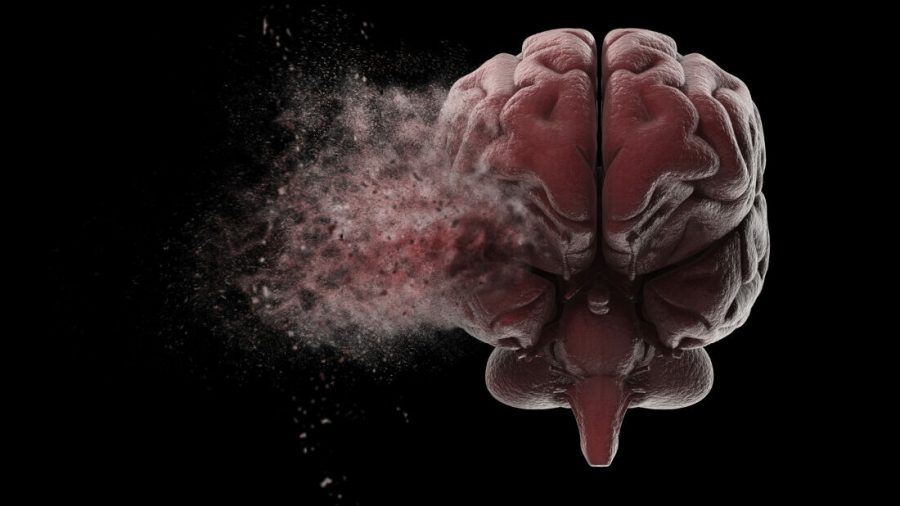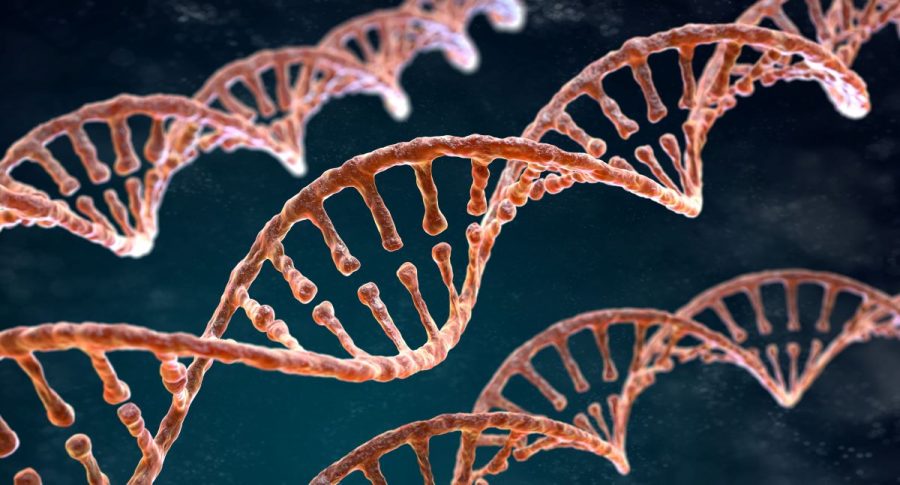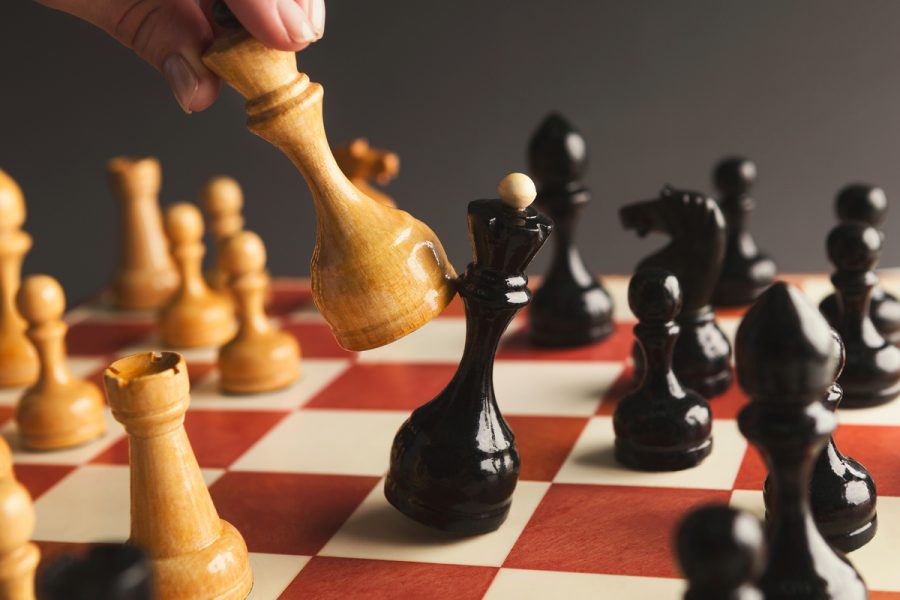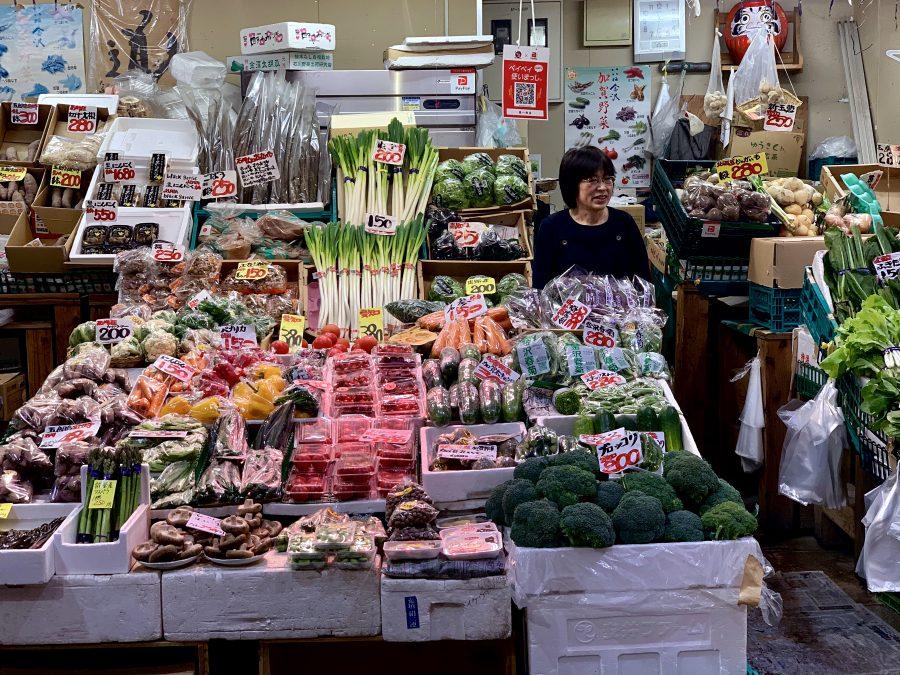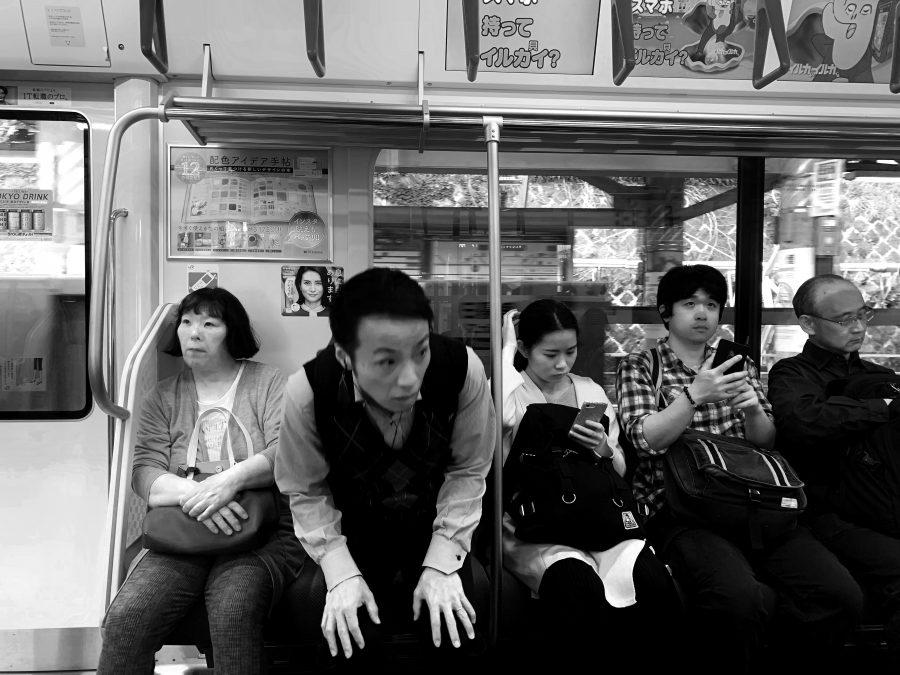What separates humans from other animals?
Depending on who you ask, you will get a lot of different answers. People who trust in Genesis 1:26 may state that our dominion over other animals creates a distinction. Members of People for the Ethical Treatment of Animals (PETA) will tell you that other animals, at least, do not know that killing one another is wrong.
One answer is that humans know what awaits us: death. All animals run from it, driven by millions of years of instinct to avoid it at all costs. But to the best of our knowledge, animals other than humans lack the ability to recognize their mortality. We, however, must reconcile a hardwired aversion toward the end of our lives and the knowledge that we will reach it.
So, how do we do it? How do we manage the terror other animals and most humans feel in the face of death?
The aptly named Terror Management Theory (TMT) provides an answer. Created by psychologists Jeff Greenberg (Ph.D.), Sheldon Solomon (Ph.D.) and Tom Pyszczynski (Ph.D.), and published in 1986, TMT posits that this terror is alleviated by the abstraction of biological death through a sort-of cultural immortality. In other words, humans develop and maintain cultural beliefs to feel as though death does not mean the end. We have children, raise monuments, tell stories. Death may come for us, but our statues will stand, and our legends will be told.
Purveyors of TMT have provided compelling evidence to support their theory with some of the most fascinating modern experiments in psychology. The most notable of these was conducted in 1987 on twenty-two municipal court judges in Tucson, Arizona: this experiment established the foundation of research into TMT. It was designed by Greenberg, Solomon and Pyszczynski to test the concept that people behave more in line with their system of moral beliefs when confronted with death.
Each judge received a questionnaire about their morals; in addition, the experimental group was asked a question about how the idea of their death makes them feel while the control group was not. Following the questionnaire, researchers asked the judges to set bail for a fictitious woman alleged to be a prostitute. While all the judges had a moral opposition to prostitution, the control group issued, on average, the standard $50 bail. Meanwhile, the experimental group (which had been reminded of their own death) delivered a whopping average bail of $455.
Similar experiments (including one in which participants punished others with hot sauce and another demonstrating that kids are more likely to discriminate against others in the face of death) seem to confirm the hypothesis: our awareness of death leads us to strengthen our cultural and moral beliefs, in ways that impact others.
This, however, is not an exclusively negative thing, as humans require culture to form societies. It was never a desire for pure survival from one year to the next which created things such as art and complex civilization. Rather, these developed ways for people to create things everlasting. Making art, telling stories and starting governments have all been ways for people to grasp eternal life through building something relatively permanent.
Besides creation, belief in culture allows for people to find a sense of security in an uncertain world. When people vote or attend a church, temple, mosque or synagogue, they join a line stretching from the distant past to the distant future. While we might rather simply get rid of death, being able to manage fear through cultural institutions enriches our lives. Even more, it leads to the existence of societies responsible for the dissemination of information, like this article, the language you are reading it in and the value of reading at all.
Sadly, TMT is not all papyrus, rainbows and camaraderie. In fact, it demonstrates how motivated humans are to protect their cultural identity. After all, when culture is one’s ticket to immortality, one is willing to fight for it.
This is how judges, the arbiters of rational and lawful order, can be swayed to deal out harsher punishments to those who irk their moral sensibilities. Other experiments in TMT have shown that individuals more readily inflict pain upon those who fall into their personal out-group, or “other,” based either on race, ethnicity, religion or some combination thereof.
The same principle that protects and supports art, popular sovereignty and charity also aids and abets racism, polarization and division. This becomes especially frightening when one considers how it affects those in areas where death is a daily concern, as it is for those facing violent civil wars and constant revolution.
Conflict is often strengthened by views. Now, add in the fact that simply being more aware of one’s eventual death leads them to lash out against those who threaten their culture. This creates a positive feedback loop, in which violent cultural conflicts tend towards becoming even more violent.
Regions of the world faced with perpetual civil war and terrorism see their people in a dire state. Unfortunately, on either side of the conflict, facing death merely emboldens individuals to fight harder and more violently to protect their indirect immortality.
It’s hard not to be afraid of death, particularly when faced with the reality of it. This fuels a desire in people to preserve and improve their countries. It fuels a desire to pass on everything they learn, acquire and are to their children. Ultimately, it fuels a need to work hard to make their time on Earth worthwhile. This is, in my opinion, the most common way TMT manifests. But to improve the world today, it’s important for humans as a united people to learn about TMT and use this knowledge to counteract its negative effects. We must understand what motivates people to violence like terrorism and gang activity; with this understanding, we can begin to take those motivations away.
Ultimately, all our lives will end. This reality can easily breed pessimism, but, in many ways, this is the only reason to get out of bed in the morning. Mice run to avoid cats and live another day. We, humans, work to create, protect or improve and live another lifetime.
How do you reconcile your thoughts on death with how you live your life? Let us know in the comments below.












































































